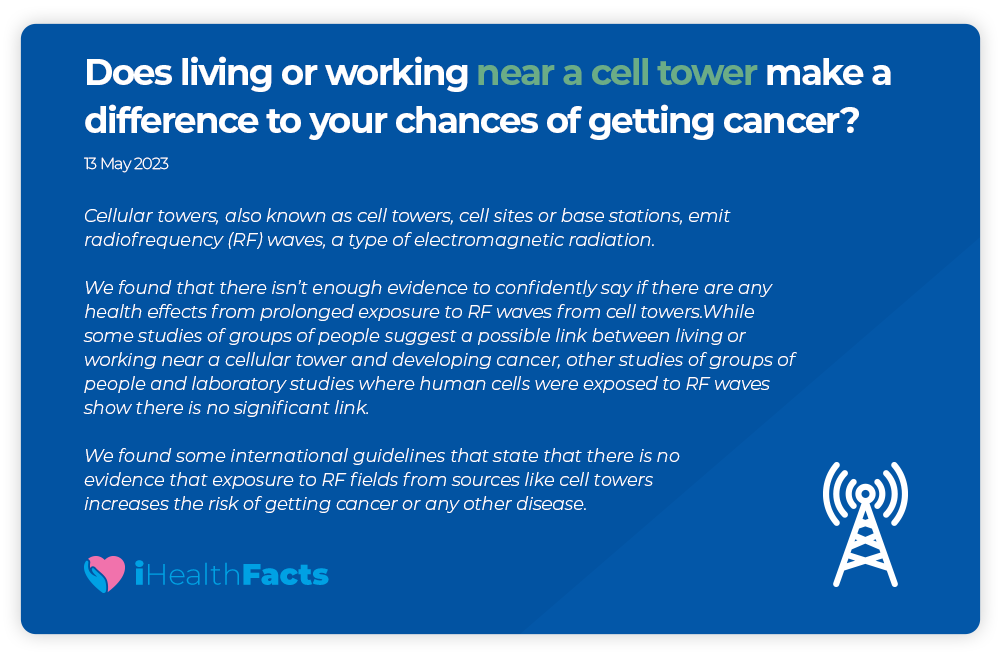- Lead Researcher: Dr. Petek Eylül Taneri, Post-Doctoral Researcher, University of Galway
- Reviewed by: Prof. Declan Devane, School of Nursing and Midwifery, HRB-Trials Methodology Research Network, Evidence Synthesis Ireland & Cochrane Ireland, University of Galway
- Topic advisor: Prof. Andrew Murphy, Professor of General Practice, NUI Galway, Director of the Health Research Board Primary Care Clinical Trials Network Ireland and General Practitioner principal in a semi-rural practice.
- Public and Patient advisor: Anne Daly, Public and Patient Involvement in research (PPI) advisor, PPI Ignite, University of Galway
- Journalist Advisor: Dr. Claire O’Connell, PhD in cell biology, Masters in Science Communication. Contributor to The Irish Times, writing about health, science and innovation.
Conflict of Interest Statement: The authors have no financial or other conflicts of interest for this health claim.
